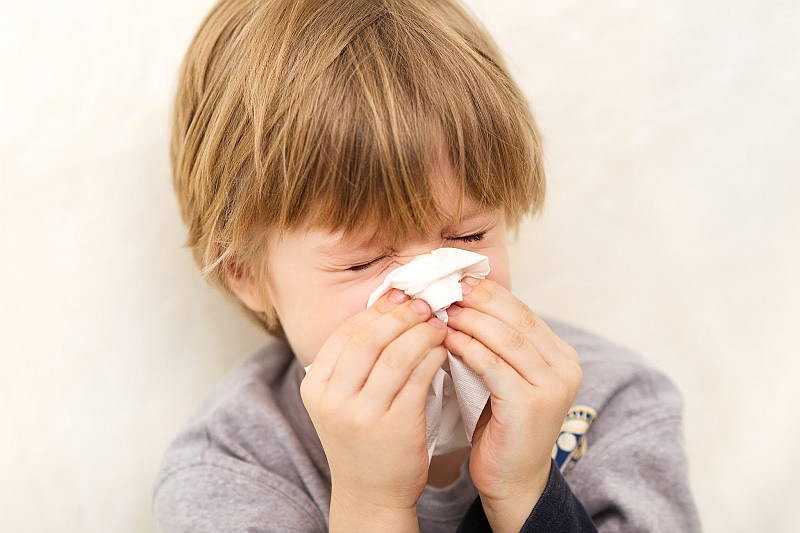
DiYES International School – Sinusitis in kids is a common condition that affects the sinuses. It can cause pain, discomfort, and trouble breathing. Parents may notice symptoms such as a runny nose, coughing, and fever. Understanding sinusitis and how to manage it is crucial for children’s health and comfort. This article explores the symptoms, treatment options, and prevention strategies for sinusitis in children.
The symptoms of sinusitis in children can vary depending on the severity. The most common signs include a runny or stuffy nose that lasts for more than 10 days. Children may also experience facial pain or pressure around the eyes, cheeks, or forehead. A persistent cough, often worse at night, is another indication of sinus infection. Other symptoms include fever, fatigue, and irritability.
In younger children, it may be difficult to communicate exactly where they feel discomfort. Look for changes in their behavior, such as difficulty sleeping or decreased appetite. If your child displays these signs, it’s important to consider whether they may be suffering from sinusitis.
“Read about: What Parents Need to Know About Impetigo in Children”
Treating sinusitis in children generally involves managing the symptoms and helping the body heal. In many cases, the infection will resolve on its own with proper care. Rest, hydration, and home remedies such as steam inhalation can help ease discomfort. A humidifier can be used to keep the air moist and help relieve nasal congestion.
If the symptoms persist for more than 10 days or worsen, a healthcare provider may prescribe antibiotics. This is typically the case if the sinusitis is bacterial in nature. In some cases, if the sinus infection is chronic, further treatments or nasal sprays may be needed. Always consult a doctor before administering any medications.
In addition to antibiotics, pain relievers such as acetaminophen or ibuprofen can help relieve fever and headaches associated with sinusitis. Nasal saline sprays or drops may be used to help clear nasal passages and ease congestion.
While it may not always be possible to prevent sinusitis in kids, several measures can reduce the risk. Encouraging good hygiene habits is essential. Teach your child to wash their hands regularly, especially after playing outside or before eating. This can prevent the spread of germs and viruses that may lead to sinus infections.
Another important prevention strategy is to keep your child away from irritants. Cigarette smoke and pollution can irritate the sinuses and increase the likelihood of developing an infection. Ensure your child is protected from these environmental factors to reduce the chances of sinusitis in kids.
Keeping your child’s immune system strong can also help prevent sinusitis in kids. Encourage a balanced diet, plenty of water, and enough sleep to keep their immune system functioning well. Regular physical activity and spending time outdoors can help maintain their overall health and well-being.
If your child has frequent sinus infections, consider speaking with their pediatrician. They may recommend allergy testing or other strategies to address underlying causes. Addressing any allergies early can reduce the frequency of sinus infections in kids.
“Read more: The Importance of Safety Sensors in Garage Doors: Protecting Your Family and Property”
If your child shows symptoms of sinusitis, monitor their condition closely. Most sinus infections improve with home care, but some cases may require medical intervention. Seek medical attention if the following occur:
A healthcare provider will be able to assess the situation and recommend appropriate treatment options based on the severity of the condition.